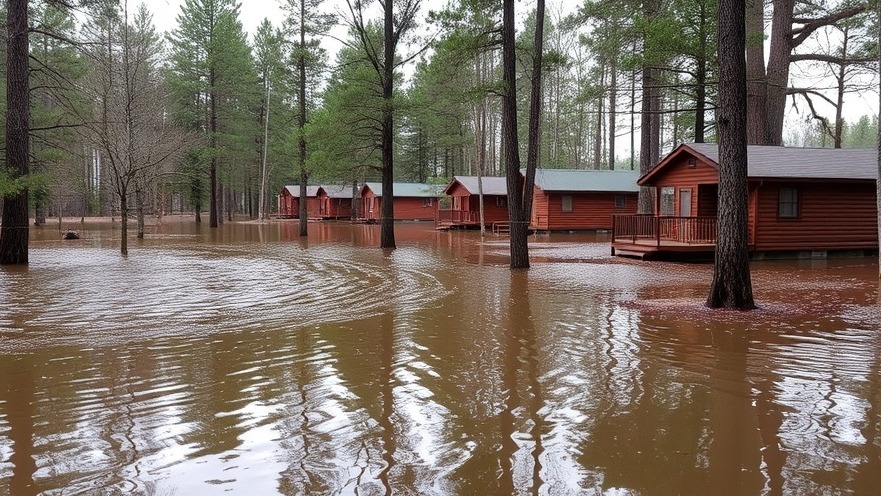
Understanding the Texas Special Session: What’s at Stake
The ongoing special session in Texas has become a battleground not just for legislative priorities but for the very future of political representation in the state. With Governor Greg Abbott, Lt. Gov. Dan Patrick, and House Speaker Dustin Burrows leading the charge, the stakes are higher than ever. Abbott's insistence that he will immediately call lawmakers back if the session ends without new maps is a clear sign of the urgency surrounding redistricting in Texas.
The Quorum Break: A Tactical Retreat or Failure to Act?
Texas House Democrats made headlines when they left the state, effectively causing a quorum break. This tactic was employed to prevent the passage of a controversial congressional map that aims to secure additional Republican seats in the U.S. House. On one hand, Democrats argue this maneuver is crucial to protect marginalized voters from a GOP-friendly redistricting plan, while Republicans accuse them of neglecting their duties by fleeing. This clash prompts the question: Is this a valid form of protest, or is it an irresponsible abandonment of legislative responsibilities?
Texas Flooding Legislation Stalled: Who’s to Blame?
One significant consequence of the ongoing legislative impasse is the delay in addressing issues related to the deadly flooding in Central Texas. Residents are left without critical legislative measures that could aid recovery efforts. Political blame is being traded like currency, with Democrats criticizing Republicans for prioritizing redistricting over vital flood response bills. The tension underscores a deeper issue—the need for a cooperative approach to governance when lives are on the line.
The Bigger Picture: Abbott’s Conservative Agenda
As Governor Abbott hinted at expanding the legislative agenda if lawmakers can’t reach consensus, it’s essential to understand the broader implications of this session. Beyond redistricting and flood response, Abbott's agenda includes socially conservative measures not passed during the regular legislative session. These actions may not only influence the upcoming election landscape but could also reshape the social fabric of Texas.
What Could Happen Next? Future Trends in Texas Politics
As the legislative session nears its end, what can we expect in Texas politics? With Abbott poised to call special session after special session, the potential exists for a continued cycle of partisanship. Observers speculate that if Democrats continue with their quorum-break strategy, it may prompt more aggressive moves from Abbott, possibly leading to increasingly entrenched positions on both sides. This situation raises questions about the long-term consequences for Texas governance and democracy.
Conclusion: Your Role in Texas Politics
As you stay informed about the developments in Texas politics, remember that your voice matters. Engage in discussions about redistricting and flood response, educate yourself on the legislative process, and don’t hesitate to reach out to your representatives. Your engagement could influence not only policy but also the democratic process itself.
 Add Element
Add Element  Add Row
Add Row 



Write A Comment